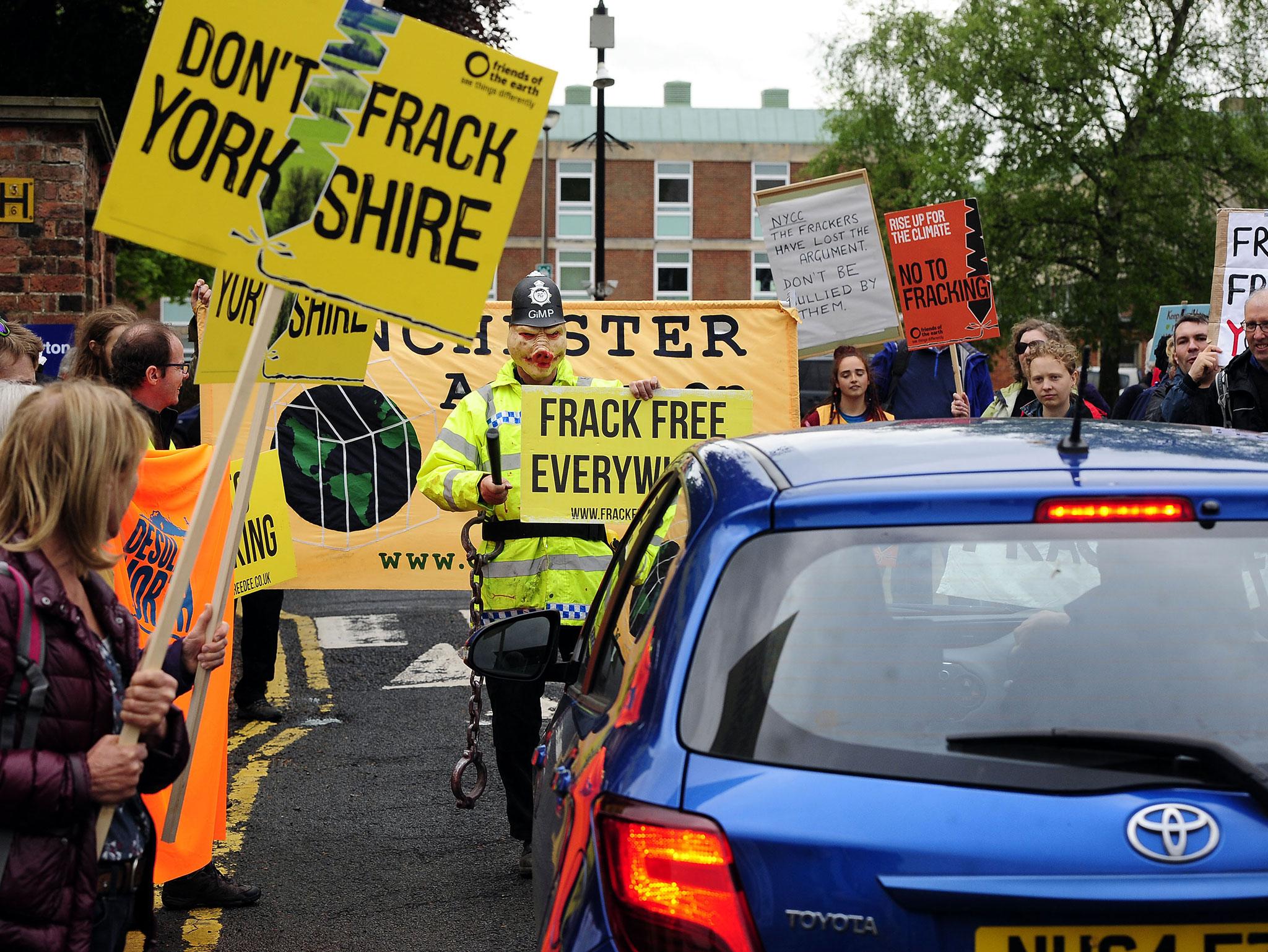Theresa May, charging us for plastic won't make up for those awful Tory environmental policies you're keeping quiet about
Reducing plastics in the ocean is like treating heart disease with a bypass, without changing your diet or taking up regular exercise. The greatest threat we face to our oceans is, without doubt, climate change


Your support helps us to tell the story
From reproductive rights to climate change to Big Tech, The Independent is on the ground when the story is developing. Whether it's investigating the financials of Elon Musk's pro-Trump PAC or producing our latest documentary, 'The A Word', which shines a light on the American women fighting for reproductive rights, we know how important it is to parse out the facts from the messaging.
At such a critical moment in US history, we need reporters on the ground. Your donation allows us to keep sending journalists to speak to both sides of the story.
The Independent is trusted by Americans across the entire political spectrum. And unlike many other quality news outlets, we choose not to lock Americans out of our reporting and analysis with paywalls. We believe quality journalism should be available to everyone, paid for by those who can afford it.
Your support makes all the difference.Theresa May’s speech on the environment today, which comes hot on the heels of internal polling by the Tories showing that they are seen as “not caring enough,” managed to be both highly significant and utterly underwhelming. Its significance lay in the fact that it happened at all – it is rare to see a Prime Minister take to a stage and set out their green credentials. Indeed it hasn’t been since David Cameron went on his Arctic husky-hugging PR stunt that we’ve seen such a concerted Conservative effort on this issue. But having listened to her speak, I’m yet to be convinced that Theresa May is as deeply committed to this cause as she tries to make out.
To give the Government credit where it’s due, there has been some serious progress made. In the 25-year plan, released today, it’s promising to see the Government focussing on giving more children access to nature and planting more trees across the country. But with the Government providing only around 1 per cent of the funding needed for the Northern Woodland and with HS2 set to plough through 30 ancient woodlands, their forestry plans don’t necessarily stand up to scrutiny.
The "Blue Planet policies" aimed at protecting the seas are good too – in particular the microbeads ban, though that only covers around 1 per cent of marine plastics. The plastic bag charge announced today is positive, but it should be noted that it follows the demands of an EU directive. It must also be said that the pledge to rid Britain of “avoidable” plastic waste over a 25-year period is remarkably unambitious both in terms of language and timescale. Similarly there are positive sounds in the 25-year plan about “voluntary and regulatory interventions” to reduce the amount of litter. But, why not just commit immediately to a deposit return scheme?
What was most striking about the Prime Ministers speech, however, was what was missing. For a start there wasn’t a plan for comprehensive legislation to lock in the Government’s plans. Alongside green groups I’ve been calling for an environment act to protect our natural world in this post-referendum chaos – but ministers have refused to act.
Then there’s the biggest threat we face: climate change. Stopping climate breakdown won’t happen by tinkering around the edges of an economy reliant on fossil fuels – which is why the Government’s record doesn’t live up to May’s claim today that we are “leading the world on climate change”. We know the facts: 80 per cent of known fossil fuel reserves must stay in the ground if we’re to have a decent chance of stopping the worst effects of climate change. Look at the Tories climate policies through this lens and their record doesn’t appear quite so rosy.
The charge sheet of failures is, sadly, long. New onshore wind farms are effectively banned; solar subsidy cuts have caused the loss of thousands of jobs; the budget announced no new funding for renewables until at least the mid-2020s. And it’s not just a lack of support for clean energy that’s undermining efforts to tackle climate change – the Government is also deeply committed to fossil fuels. Not only do ministers continue to back fracking, against the wishes of local communities, but they hand subsidies to gas and oil – with the Prime Minister boasting at the end of last year of the “£2.3bn package of measures in the last two budgets, to make sure that the North Sea continues to attract investment and to safeguard the future of that vital national asset”.
Reducing plastics in the ocean, in the context of implementing policies that contribute to climate change, is like treating heart disease with a bypass, without changing your diet or taking up regular exercise. It’s not a serious, sustainable solution for the long term. The greatest threat we face to our oceans is, without doubt, climate change – which causes habitats to be destroyed by temperature changes, acidification and coral bleaching.
So, what should a truly green government do? For a start they should bring in an environment act immediately and flesh out suggestions in the 25-year plan for a watchdog to oversee environmental protection post-Brexit. They should bring the plastics ban forward – and implement a bottle deposit scheme now. They must also ban fracking – following the footsteps of Scotland and many other nations. They should then commit to long term support for renewables and end the yearly freeze on fuel duty. These policies would only be the start, but they would signal a serious intention by the Government to get a handle on the environmental crisis.
Avoiding the worst effects of environmental breakdown is still possible. But, it requires serious leadership from countries like Britain. In recent weeks the Government has gone from scoring about 2/10 on environmental protection to maybe a 5/10 – leaving quite some room for improvement. The 25-year plan published today might not go into the detail we might have wanted. But, it’s a step forward. Clearly public pressure is paying off – and it’s now down to the Government to show that their commitment to our natural world goes deeper than just a green veneer which plays well in focus groups.
Caroline Lucas is co-leader of the Green Party in England and Wales
Join our commenting forum
Join thought-provoking conversations, follow other Independent readers and see their replies
Comments